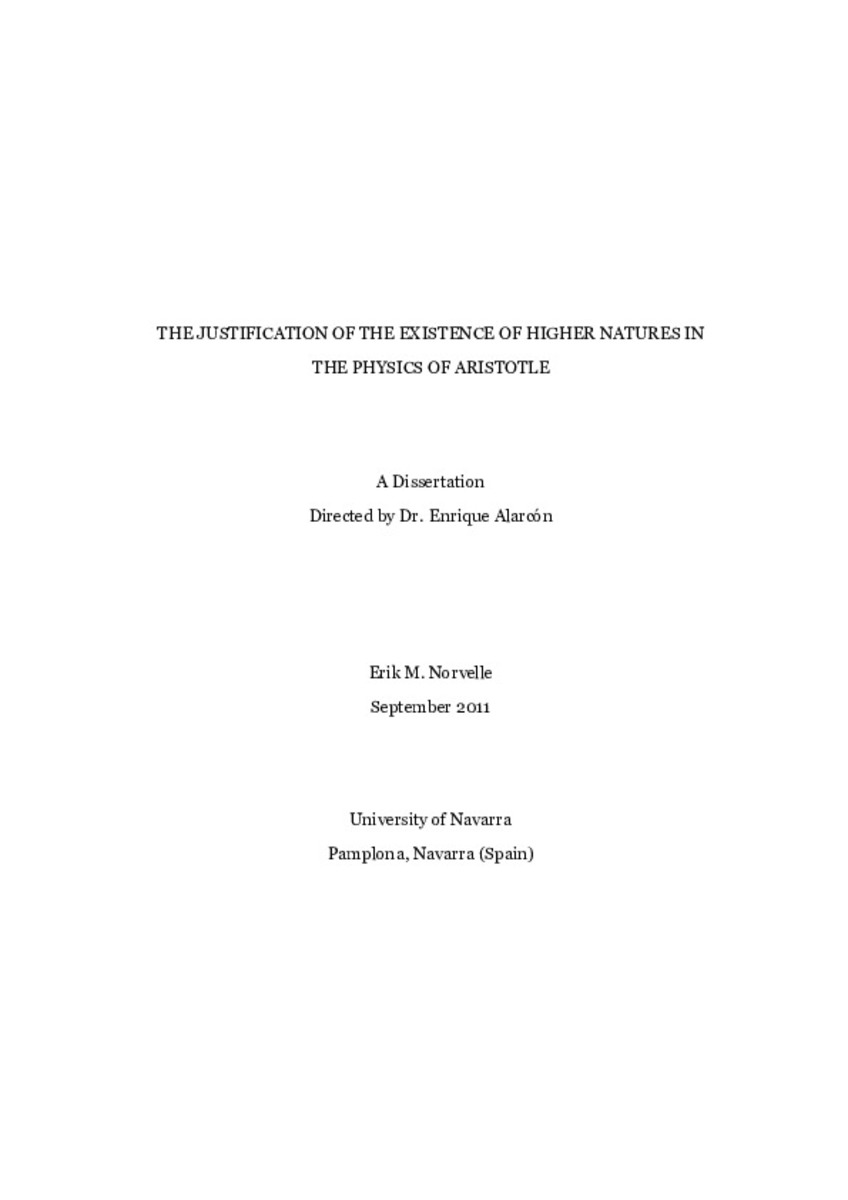The justification of the existence of higher natures in the physics of Aristotle
Palabras clave :
Metafísica
Aristóteles
Materias Investigacion::Arte y Humanidades::Filosofía
Fecha de publicación :
17-nov-2011
Fecha de la defensa:
29-oct-2011
Editorial :
Servicio de Publicaciones Universidad de Navarra
Cita:
NORVELLE, Erik. “The justification of the existence of higher natures in the physics of Aristotle”. Alarcón, Enrique. Tesis doctoral. Universidad de Navarra, Pamplona, 2011
Aparece en las colecciones:
Estadísticas e impacto
0 citas en

0 citas en

Los ítems de Dadun están protegidos por copyright, con todos los derechos reservados, a menos que se indique lo contrario.







